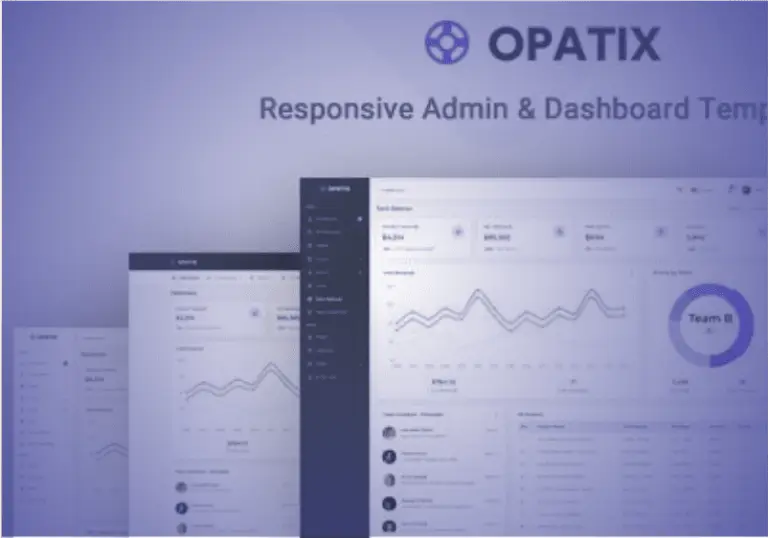The Advantages of Cyber Insurance
Businesses have a never-before-seen difficulty in protecting their digital assets in an era of more complex and widespread cyber attacks. A thorough cybersecurity plan must include cyber insurance as it offers risk management and financial protection against the constantly changing array of cyberthreats.
Cyber Insurance policies usually cover charges for things like looking into security breaches, alerting impacted parties, paying legal fees, paying fines from authorities, and even paying for things like consumer compensation and reputation management.
What is Cyber Insurance ?
Cyber Insurance, often referred to as cybersecurity insurance or cyber liability insurance, is a specific type of insurance meant to shield companies and organizations from hazards associated with the internet. In relation to data breaches, cyberattacks, and other digital dangers, it offers coverage for a range of costs.
Cyber Insurance, often referred to as cybersecurity insurance or cyber liability insurance, is a specific type of insurance meant to shield companies and organizations from hazards associated with the internet. In relation to data breaches, cyberattacks, and other digital dangers, it offers coverage for a range of costs.
Advantages of Cyber Insurance
The benefits of cyber insurance are examined in this article along with how it might reduce financial losses, strengthen cybersecurity defenses, and foster resilience in the event of cyberattacks.

Financial Protection
Financial security against the possibly catastrophic expenses of a cyberattack is one of the main benefits of cyber Insurance. Businesses that experience data breaches and cyberattacks may suffer large financial losses, including costs associated with forensic investigations, legal bills, fines from authorities, and possible legal action. By paying for the expenses related to reacting to and recovering from a cyber event, cyber insurance helps to reduce these financial risks.
Risk Management
Cyber insurance encourages companies to put strong cybersecurity protections in place, which is a critical part of risk management. As a requirement for coverage, insurers frequently demand that policyholders complete cybersecurity assessments and put in place particular security measures. By encouraging companies to improve their cybersecurity posture, this proactive strategy lowers the possibility that a cyberattack would be effective.
Business Continuity
A cyberattack or data breach might cause operations to be disrupted for organizations, resulting in lost income and downtime. By paying for the expenses of retrieving data, restoring systems, and compensating for business interruption losses, cyber insurance can assist minimize these interruptions. Cyber insurance helps organizations reduce the financial effect of cyber catastrophes by enabling prompt recovery and uninterrupted operations.
Regulatory Compliance
Compliance has become a major problem for companies managing sensitive consumer information due to the expansion of data protection laws like the California Consumer Privacy Act (CCPA) and the General Data Protection Regulation (GDPR). Heavy fines and harm to one’s reputation may arise from breaking these restrictions. In order to ensure regulatory compliance and peace of mind, cyber insurance may help firms satisfy regulatory obligations by covering fines and penalties incurred as a result of non-compliance.
Reputation Management
For organizations, the harm to their brand resulting from a data breach or cyberattack can be permanent, since it can erode consumer trust and loyalty. Expenses for crisis communication, public relations campaigns, and brand restoration after a cyber event are frequently covered by cyber insurance. Cyber insurance helps companies better reestablish confidence with stakeholders and consumers by assisting with reputation management following a breach.

Third-Party Liability Coverage
Cyber insurance covers companies against liabilities resulting from breaches by partners or vendors in addition to shielding them from damages resulting from their own cyber security breaches. Because so many companies depend on linked supply chains and networks, there is a high danger of third-party breaches. Cyber insurance reduces this risk by paying for defense expenses and other damages that come from lawsuits filed by parties who were impacted by a breach.
Customizable Coverage
Policies for cyber insurance may be easily tailored to match the unique requirements and risk profiles of various types of enterprises. The coverage choices available to policyholders may be customized according to several parameters, including the industrial sector, organizational size, data types handled, and projected cyber dangers. Because of this flexibility, companies may choose coverage that best suits their particular cybersecurity needs and financial limits, guaranteeing all-encompassing defense against cyber attacks.
Challenges and Considerations
Businesses may recover from cyber events more quickly and efficiently while limiting the negative effects on their reputation and bottom line thanks to cyber insurance, which helps them reduce the financial risks connected with cyber attacks. Although cyber insurance has many benefits, firms should be aware of the following issues and challenges:
Policy Limitations
There are frequently restrictions and limits in cyber insurance plans that might affect coverage in specific situations. To determine what is and is not covered, businesses must carefully analyze the terms and conditions of their policies. Furthermore, coverage limitations might change according on the kind of cyber event and the particular insurance terms.
Premium Costs
Various factors, including the size of the firm, industrial sector, cybersecurity posture, and desired coverage limits, can greatly affect the cost of cyber insurance premiums. Businesses should evaluate the expense of premiums against the possible advantages of cyber insurance and include it in their total cybersecurity expenditure, even if it can offer substantial financial protection.

Risk Assessment and Underwriting
Insurance companies usually carry out extensive risk evaluations and underwriting procedures prior to providing cyber insurance coverage. To be eligible for coverage, businesses might need to prove their proficiency in cybersecurity and their adherence to best practices. This might entail carrying out security audits, putting in place certain security measures, and presenting documentation of cybersecurity awareness and training initiatives.
Claims Process
Businesses that wish to acquire coverage in the case of a cyber incident must follow the claims procedure specified in their insurance policy. This might entail promptly reporting the occurrence, assisting with the insurer’s inquiry, and keeping track of any out-of-pocket costs. If the claims procedure is not followed correctly, coverage may be denied or reimbursement may be delayed.
Changing Threat Landscape
The environment around cyber threats is always changing as new methods of attack and attack routes appear on a regular basis. In order to successfully tackle growing threats, businesses need to remain aware and adjust their cybersecurity plans accordingly. Similarly, in order to guarantee that they offer sufficient protection against changing risks, cyber insurance plans would need to be evaluated and updated on a regular basis.
The Crucial Role of Liability Insurance for Health Professionals
Conclusion
Businesses looking to safeguard themselves against the financial and reputational risks connected to cyber attacks now consider cyber insurance to be an essential instrument. Cyber insurance is a critical component of cybersecurity defenses and resilience against cyberattacks since it offers financial protection, encourages risk management, and facilitates business continuity.
Although there are obstacles to overcome and factors to take into account, the benefits of cyber insurance much exceed any possible negatives, making it a crucial part of a thorough cybersecurity plan in the current digital environment.





































